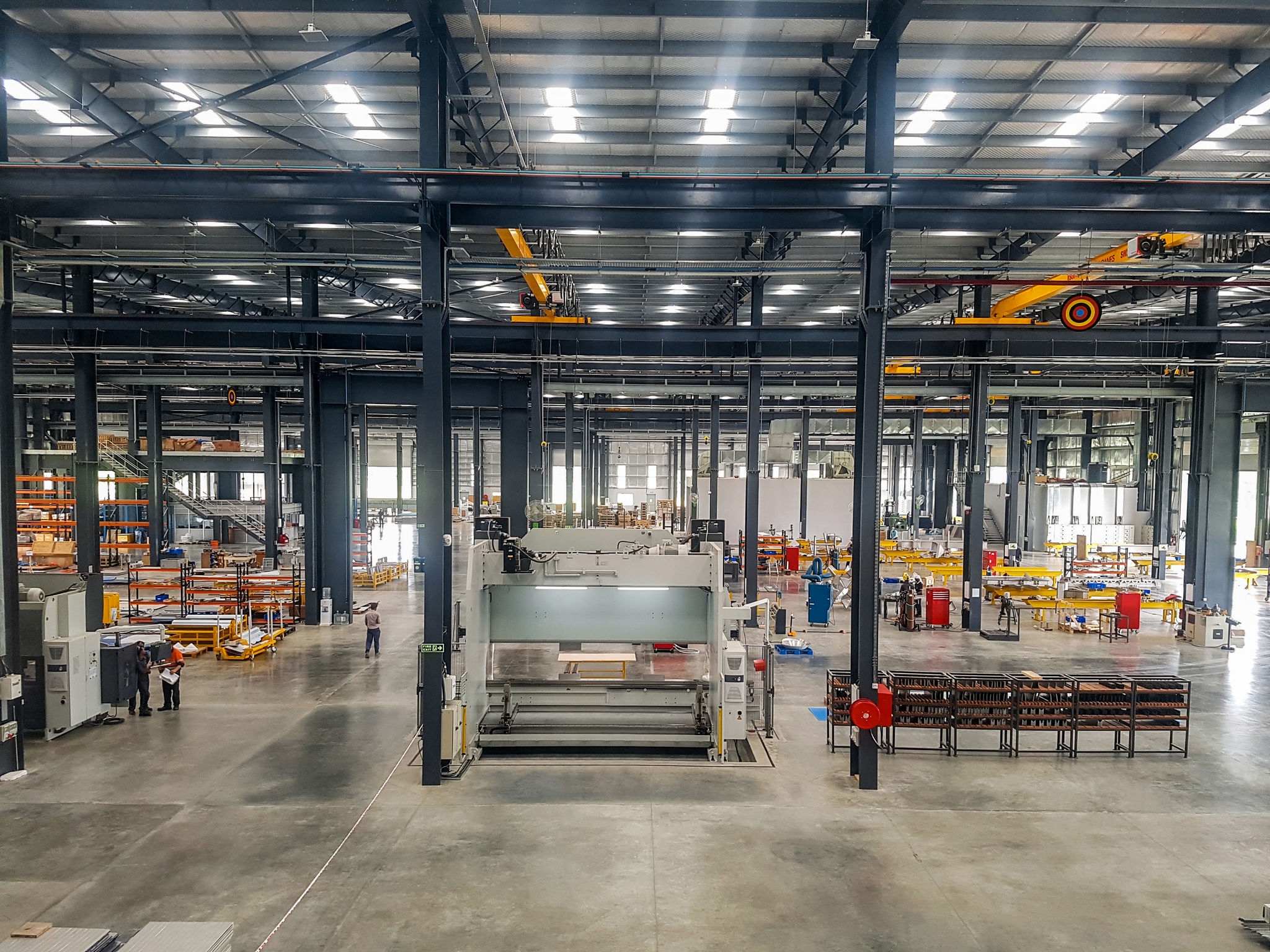Heat and Control expands into India to help build a global export business.
Brisbane food-equipment manufacturer, Heat and Control, is powering into global markets thanks to Australian engineering and advanced manufacturing in India. With the help of Australia's trade agreement with India, the company's Indian subsidiary imports parts and design expertise from Australia. It makes bespoke food-manufacturing equipment in Chennai, and exports around the world.
'Today, around 70% of everything we make here is exported,' says Manoj Paul, Heat and Control's General Manager for India and South Asia. 'We have customers around the world, from South America to Europe and Southeast Asia.'
Australian ingenuity meets Indian expertise
India's food manufacturing sector is growing fast. According to the Economic Times of India, it is expected to be worth US$535 billion by 2025-26. But to stay self-sufficient in food manufacturing, the country needs to adopt the latest technology.
Step forward Brisbane-based Heat and Control.
Heat and Control is one of the world's leading manufacturers of food processing and packaging equipment. If a food manufacturer needs equipment to cook, bake, fry, season or coat something, it's likely Heat and Control can make it.
The company first expanded into India from 2006. Initially the company only sold equipment to make Western-style snacks. Soon, however, the company received requests for equipment to make 'namkeen' - traditional Indian savoury snacks.
'Australian engineers came to India, looked at how namkeen is made, then engineered a solution,' says Paul.
'We opened a factory in Chennai and began assembling machinery using parts imported from Australia. The machines could make namkeen at a rate of 500 kilograms per hour.'
These machines proved incredibly popular. The company was soon making machines with increased capacity: first one tonnes per hour; then 3 tonnes per hour. Demand powered investment. By early 2024, the Chennai factory employed over 600 people in manufacturing, sales and administration.
India trade deal boosts exports for both countries
The removal of trade restrictions between Australia and India is helping both countries to grow exports. This follows the implementation of the Australia-India Cooperation and Trade Agreement (AI-ECTA).
'AI-ECTA helps us a lot,' says Paul. 'We were part of the original study for the trade agreement. We worked with trade officials to explore how getting rid of barriers would benefit both countries.
'We can use AI-ECTA because we can freely import parts from Australia to build the machines here in Chennai. And we can send machinery back to Australia without duties as well.'
Businesses in India also benefit - especially small, family businesses.
'There has been a definite shift in automation in the last 10 years,' says Paul. 'Food processing used to be very manual. Now, automation is not only the norm, it is essential. With our advanced state-of-the-art machinery, small, local food-makers in India can aspire to become big food manufacturers.'

Heat and Control's factory in Chennai manufactures equipment for global export.
An export success for India and Australia
Combining Australian design and Indian manufacturing has proved a global winner.
A recent order saw Heat and Control win business from Europe to sell high-output machinery to South America. The machinery can make French fries at a rate of 25 tonnes per hour, and it's assembled in India.
'It's our mix of expertise that gives us an edge,' says Paul. 'For the South American order, the lead engineering designer was based in Australia. We did the detailed design and assembly here in India, including the risk assessment work.
'Our machines are built to global food-safety standards. That helps with global compliance. Much of what we do is designed in Australia, made in India and exported to the rest of the world.'
How Austrade helped
Austrade manufacturing specialists in India have provided on-the-spot advice for over 20 years.
'Austrade officials have been very supportive,' says Paul. 'They facilitated interactions with the Indian Government. This is very valuable for an Australian company working in India.'
Austrade officials helped executives from Heat and Control participate in official investor events organised by the state government of Tamil Nadu. This ultimately led to Heat and Control getting the approvals it needed to start production in Chennai.
Austrade also organised industry events where executives met potential customers in India.
'India will inevitably become one of the biggest and most advanced food-manufacturing economies in the world,' says Paul. 'Australian engineering is helping to make that happen.'






